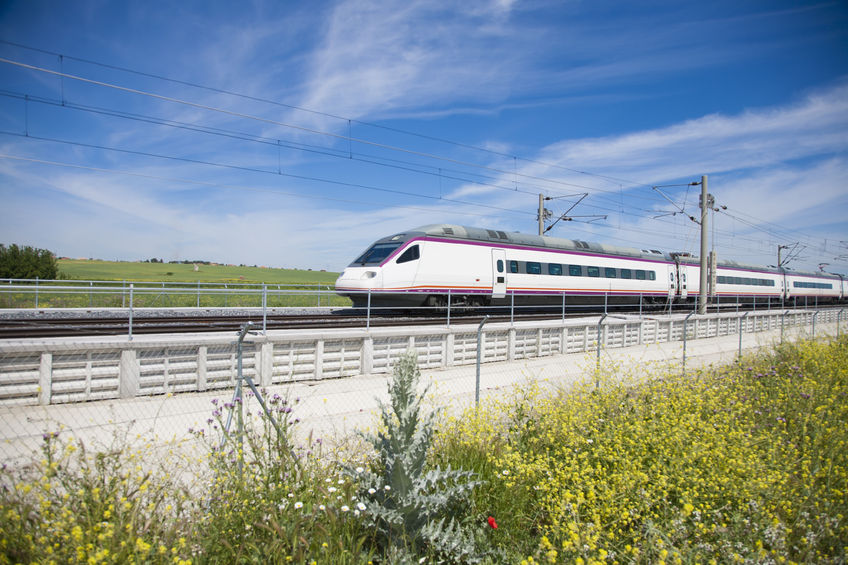Farmers near HS2 train project urged to apply for compensation

A further stage of the complex and ambitious HS2 project has been unlocked with applications for compensation for Phase 2A, the section between the Midlands and Crewe.
Farmers and landowners who live along that section of the route will be able to apply for a range of compensation packages.
These include the express purchase scheme (at full market value plus 10 per cent to cover costs), cash offers for property owners within 120m of the line eligible for cash offers of between £30,000 and £100,000, the need to sell scheme, and rent back options.
The homeowner payment zone extends up to within 300m of the track, with offers of up to £22,500 compensation.
Saffery Champness is advising farmers and landowners that CGT rollover relief should be available where proceeds are invested in other land and buildings.
However, only the capital element of payments received (ie for land or buildings) would be liable to CGT, and the relief is not available where the landowner has already taken steps to dispose of the asset, or given any indication that they wish to dispose of any part of their holding.
The wider farming sector has also advised that it is extremely difficult for farm businesses to find other land or buildings in which to reinvest, with the available window for this process being just 12 months before or 3 years after the disposal.
There is also concern that late payments of compensation are seriously affecting planning and cash flows, and calls have been made for interest to be added to late payments.
'Potential for huge disruption'
Zena Hanks, Director in the Bristol office of Saffery Champness says: "Foremost, a land-based enterprise wants to carry on its business with the minimum of disruption.
"However, HS2 brings the potential for huge disruption, not just logistically with farm holdings in some cases being sheared in two, but also in terms of noise, disturbance, and site access over long periods.
"This is supplemented by the disruption of additional form filling and reporting, drafting and processing claims for compensation, and compliance with the tax demands that this additional activity brings.
"The Government’s Code for Compulsory Purchase, and the context for considered compulsory purchase of land undertaken in the public interest has also been updated this month.
"Anyone faced with the prospect of disruption, whether through HS2 or other development or infrastructure projects, should be aware of the Code, and the associated compensation process.
"They should also give careful consideration to timing as it may be advantageous to delay any agreement for compulsory purchase until the start of a new tax year, the date of disposal being the normal date at which compensation is agreed."








